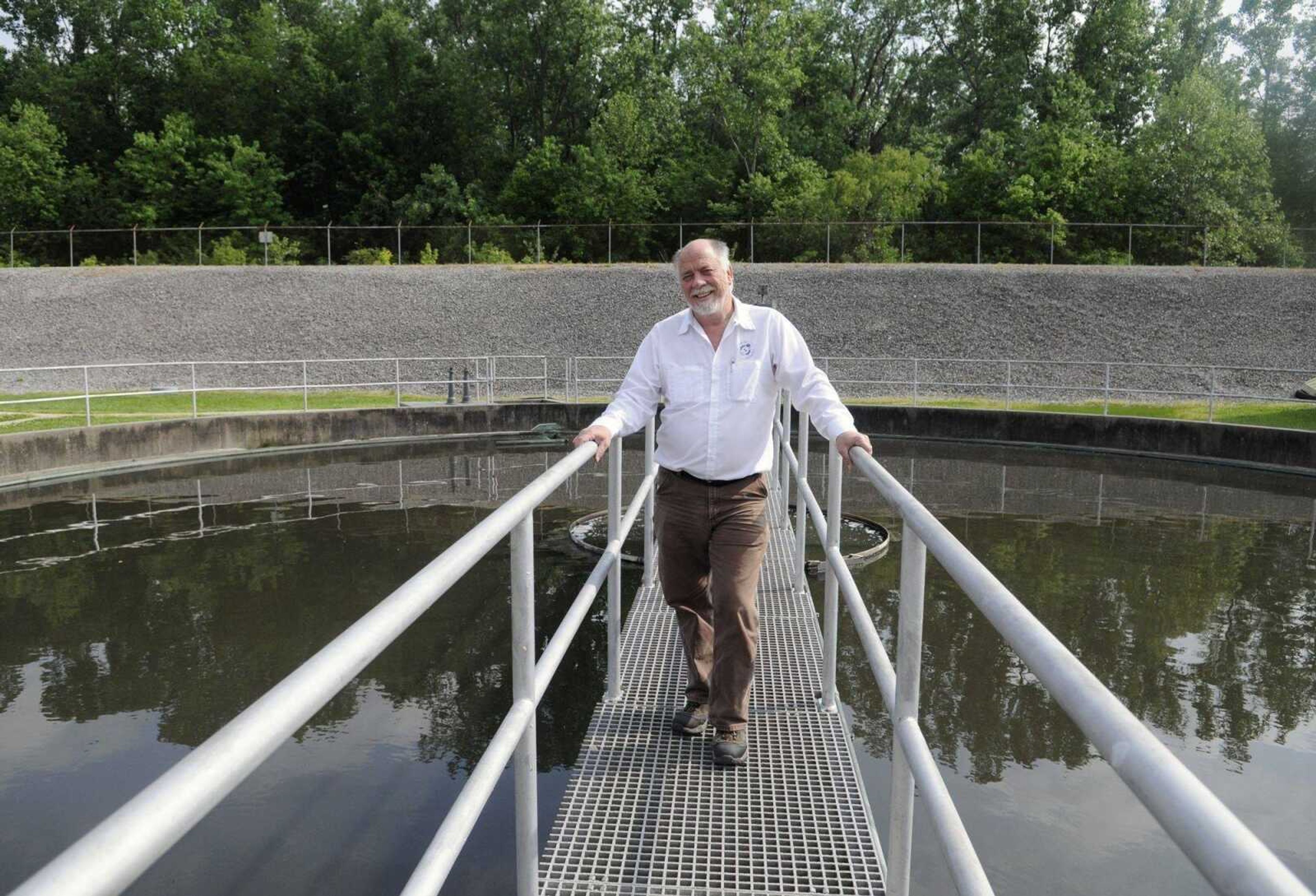Cape Girardeau considers utility assistance program
When Michelle Dixon opened her utility bill this month, she glanced at the bottom line. Then she looked again, this time a bit longer. "It had jumped way up," said the Cape Girardeau resident. "I couldn't believe it." The bill had increased by $25 to more than $200, an increase that could cost her family an additional $300 a year. That's way too much, Dixon said, especially considering that she lives on a fixed income...
When Michelle Dixon opened her utility bill this month, she glanced at the bottom line.
Then she looked again, this time a bit longer.
"It had jumped way up," said the Cape Girardeau resident. "I couldn't believe it."
The bill had increased by $25 to more than $200, an increase that could cost her family an additional $300 a year. That's way too much, Dixon said, especially considering that she lives on a fixed income.
"It's probably going to cause us, in the long term, some financial problems," Dixon said last week after shopping at Save-A-Lot.
Cape Girardeau officials are considering a program that could help people like Dixon, and others, who are expected to struggle in light of an increase that went into effect July 1.
The program would allow qualifying residents over a three-year period to avoid utility cutoffs by using more than a quarter-million dollars from the rate increases generated over that period.
"People have talked about how much their bill has increased," said Maj. Ben Stillwell of the Salvation Army in Cape Girardeau. "Anything the city or anyone can do, because every time we turn around people are having to make difficult decisions between food, rent, medicine and, yes, utilities."
A city memo, drafted by assistant city manager Heather Brooks, lays out a utility assistance program. While still in the discussion stages, the Cape Girardeau City Council was provided a copy of the memo and could talk about the program as soon as its Monday night meeting.
The program, if implemented, would be limited to three years, the memo says, to provide low-income families time to adjust their budgets. Based on census information, the city estimates that there are about 750 Cape Girardeau households that would need help.
The annual assistance limits would "step down" each year with the first year set at $200 per household, $100 the second and $50 the third. The average increase for households is about $200, the report says.
That would cost, the city estimates, $150,000 the first year, $75,000 the second and $37,500 the third. Who would qualify has yet to be finalized, but the memo notes, for example, that one of the guidelines for federal rental assistance is 50 percent of median income for a family of four, which is $26,800.
The proposal is in response to the increase in sewer fees that are part of city customers' overall utility bills. The increase, which was passed by voters in April, is generating funds to fund the design and construction of a new city wastewater treatment plant.
The memo says that while city officials gave presentations encouraging voters to approve the bond issue, the "overwhelming concern" was the impact to low-income households. Other agencies that work with the city's poor have also expressed concern about the rate increases.
City leaders are discussing creating a partnership with Community Caring Council or the Salvation Army to administer the program. The cost to maintain it could run as high as $7,500 for the first year, $3,750 for the second and $1,875 for the third. Any contract would include a rollover provision in case there are funds remaining at the end of the fiscal year that would offset funds needed the next year, the memo says.
Tom Davisson, executive director of the local Community Caring Council, said he has had initial discussions with the city about a possible partnership. It's not unusual for the council to administer funds with government entities, he said.
Usually, programs like this work as one-time payments that are not paid to residents, but in this case directly to the city to avoid termination of services, Davisson said. The program would probably only be available to residents who have received a notice that their service would be shut off, he said.
Davisson also likes the fact that the program as proposed has a definite end date. "If you don't time limit those funds, you've created another entitlement forever," he said.
But Davisson thinks that such a program, regardless of which agency administers it, would be well received by low-income residents.
"I don't think the general public who voted on the bond issue realized that this kind of increase was going to happen," he said. "I think it speaks highly of our city leaders that they're trying to do something to help people who might struggle."
smoyers@semissourian.com
388-3642
Pertinent address:
401 Independence, Cape Girardeau, MO
Connect with the Southeast Missourian Newsroom:
For corrections to this story or other insights for the editor, click here. To submit a letter to the editor, click here. To learn about the Southeast Missourian’s AI Policy, click here.









